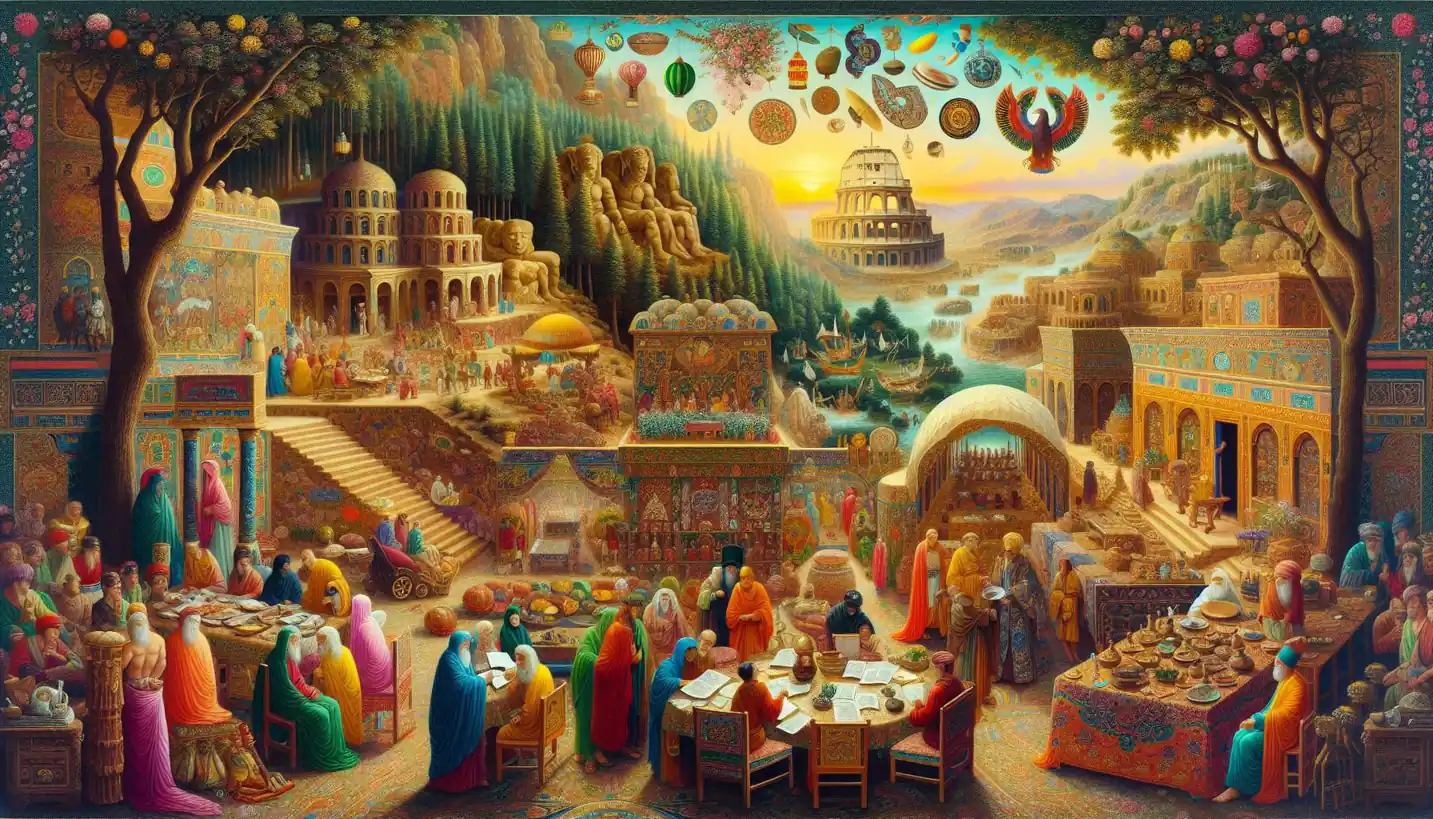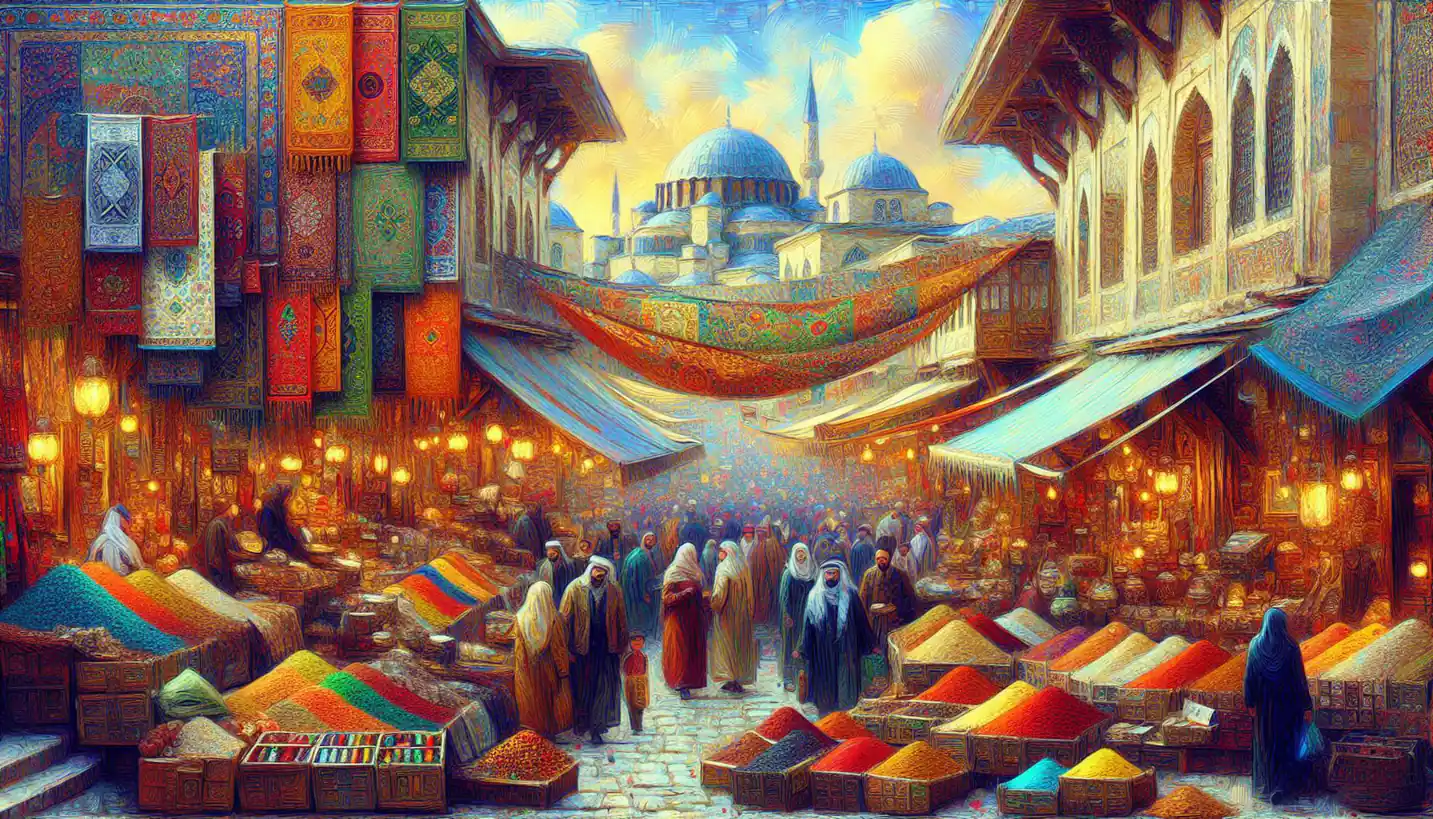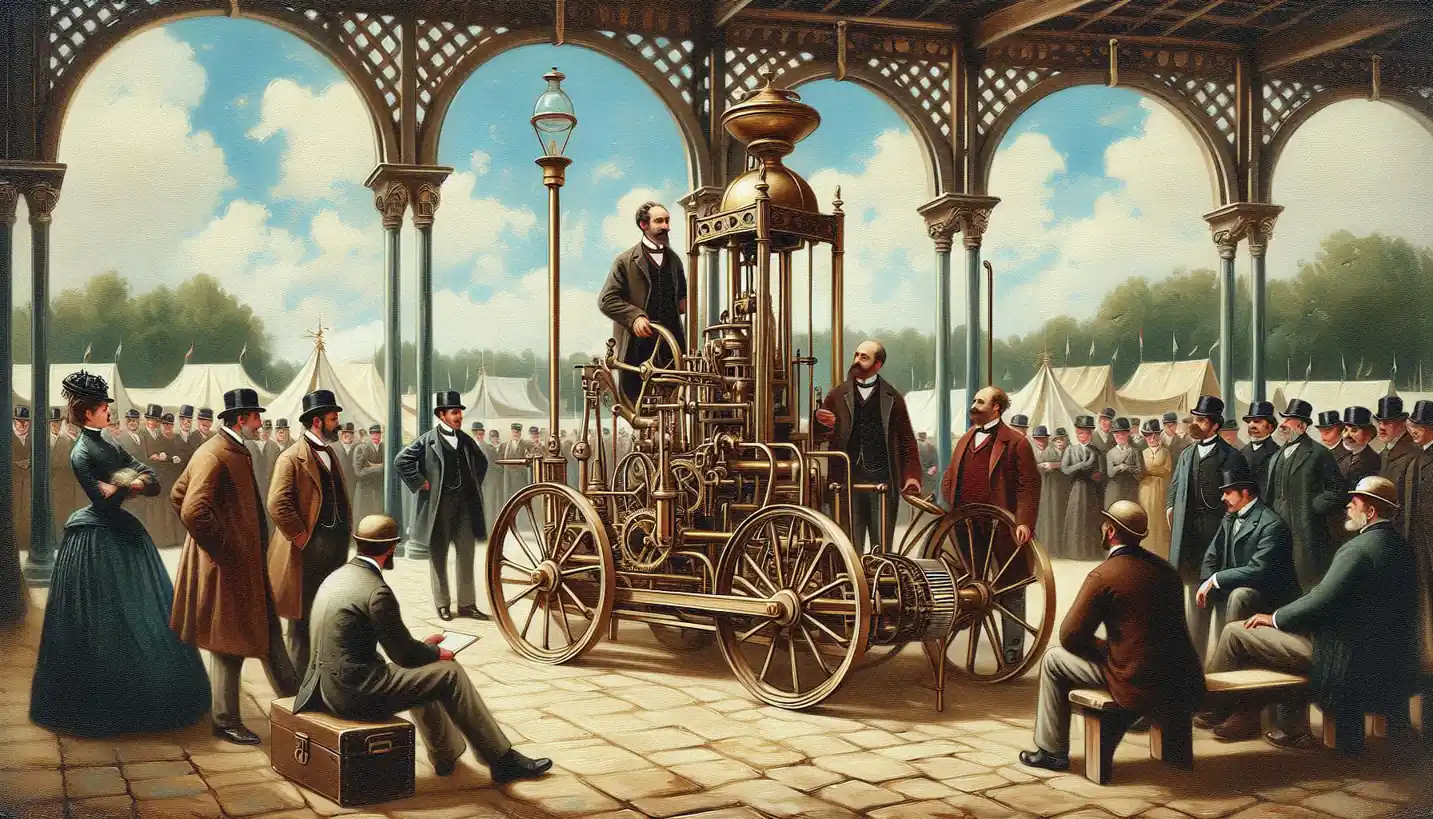· History · 4 min read
Beguines: The Remarkable Women of the Middle Ages
Uncover the lives of Beguines, the extraordinary women who defied societal norms. Explore their spiritual communities and their unique roles in medieval history.

The Beguines were a group of independent women who emerged in the heart of medieval Europe. These women defied the norms of their time, and their story is both inspiring and fascinating. You’ll find that their role in history was far more significant than most people realize.
Who Were the Beguines?
The Beguines were a loose, informal group of women who lived in religious communities during the 12th and 13th centuries. They weren’t nuns, but they lived spiritual lives devoted to prayer and service. Picture them as pioneers of their time, choosing a life of independence and piety without taking the traditional vows of a convent.
They formed communities across the Low Countries, particularly in what we now call Belgium, the Netherlands, and parts of Germany and France. What made them stand out was their refusal to be fully tied to the Church or the conventional life of a married woman. They created a middle ground that suited their spiritual and personal needs.
How Did Beguines Live?
Beguines lived together in “beguinages,” which were a sort of semi-monastic community. These places could range from simple clustered houses to more elaborate buildings, almost like small villages. You can imagine them bustling with women engaged in various activities like weaving, teaching, nursing the sick, and even writing.
Their days were a blend of work, prayer, and community service. In a way, they were early versions of social workers, helping the poor and caring for those in need. They lived by their own rules, which was very unusual for women at that time. This lifestyle offered them freedom from the typical expectations of marriage and motherhood.
The Appeal of the Beguine Lifestyle
The Beguines attracted women from various walks of life. Widows, single women, and even some wealthy individuals found solace in these communities. The appeal lay in the ability to live a life of purpose without being entirely cut off from the world.
For many, joining a beguinage was an opportunity to escape the constraints of a male-dominated society. It allowed women to pursue education, express themselves spiritually, and even engage in economic activities like making textiles or selling goods.
Challenges and Criticisms
While the Beguines enjoyed a certain degree of autonomy, they weren’t without challenges. During the Middle Ages, anything that didn’t fit into the established religious framework often faced skepticism. The Beguines were no exception. They walked a fine line between acceptance and suspicion.
Some Church leaders questioned their unorthodox lifestyle and lack of formal vows. There were instances when the Beguines were accused of heresy, and they faced persecution, especially as the Church tightened control over religious practices.
But what’s striking is their resilience. They managed to persist and thrive even amid these pressures, constantly negotiating their position within society and the Church.
A Lasting Legacy
The legacy of the Beguines is seen in many aspects of modern society. They were ahead of their time in advocating for women’s independence and challenging societal norms. In some ways, they laid the groundwork for later feminist movements.
Their contributions to education, healthcare, and spiritual literature are noteworthy. They produced a wealth of mystical writings, with figures like Hadewijch and Mechthild of Magdeburg influencing later religious thought and literature.
Why Should We Remember the Beguines?
The story of the Beguines is not just an interesting historical footnote; it highlights the power of community and resilience. Their existence is a testament to how ordinary women, when given a chance, can impact society significantly. They remind us of the importance of questioning norms and striving for a life that balances personal needs with societal contributions.
Their legacy lives on through historical sites, art, and ongoing studies. The beguinages are recognized as World Heritage Sites, preserving the memory of these extraordinary women.
In a world that often overlooked women, the Beguines carved out a space for themselves and made it work. Their lives offer inspiration, showing that even in challenging times, creativity and determination can lead to innovation and change. The next time you walk through a historic town in Belgium or the Netherlands, the spirit of the Beguines might just be echoing in the cobblestones beneath your feet.



